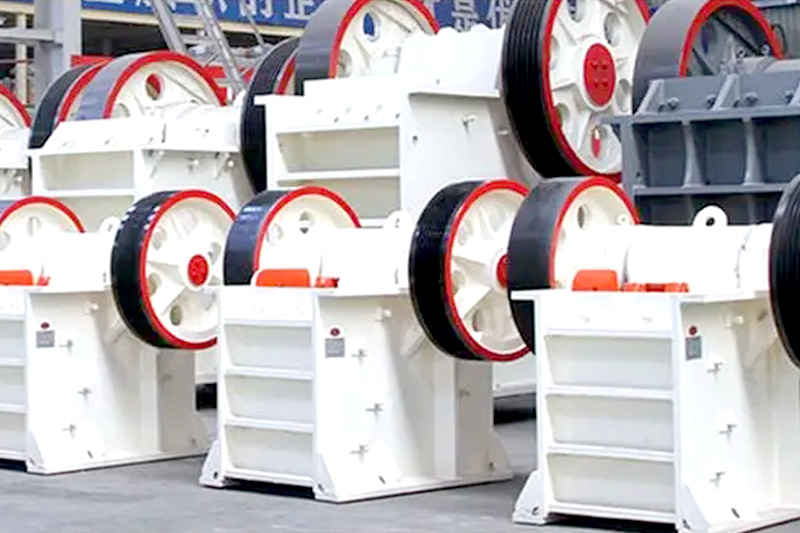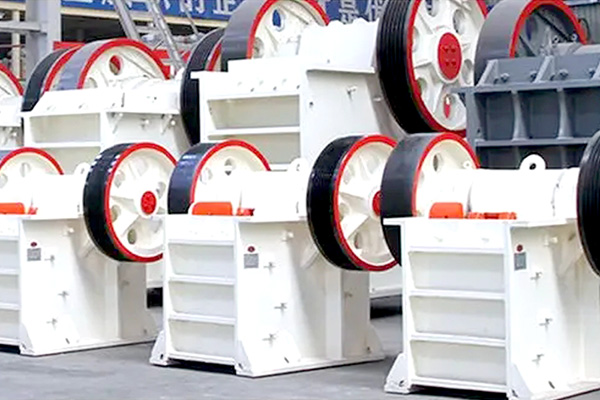When choosing between jaw crushers and cone crushers, it’s important to understand their differences, working mechanisms, and ideal applications. Both machines are widely used in the mining, construction, and aggregate industries, but they serve different purposes. This article will explore the key differences, helping you make an informed decision when selecting the right crusher for your needs.

1. Basic Functionality
Jaw Crusher
A jaw crusher is designed for the primary crushing stage. It works by compressing materials between two jaws, one fixed and one movable. This compression breaks the material into smaller particles. Jaw crushers are ideal for reducing large rocks and stones into smaller, more manageable sizes.
Cone Crusher
On the other hand, a cone crusher operates with a rotating cone inside a fixed outer cone. The material is crushed by compression and shear forces. This makes it more suitable for secondary and tertiary crushing stages, especially when dealing with harder materials.
2. Crushing Process
Jaw Crusher
The crushing process in a jaw crusher is relatively straightforward. Materials enter through the top, where the two jaws work together to break the rock into smaller pieces. This makes the jaw crusher ideal for initial size reduction.
Cone Crusher
A cone crusher performs the crushing process by squeezing material between a cone and a crushing bowl. This more complex process allows for finer material and a more uniform product size. It’s effective at producing smaller, finer materials compared to a jaw crusher.
3. Performance and Capacity
Jaw Crusher
Jaw crushers typically have a higher throughput, making them suitable for handling larger amounts of material. However, they may produce a less uniform product size, with a larger range of particle sizes.
Cone Crusher
While cone crushers may not handle as much throughput as jaw crushers, they provide a more consistent output. They are best for producing fine aggregates and products with precise size requirements.
4. Applications
Jaw Crusher
Due to its versatility, a jaw crusher is suitable for primary crushing in a variety of industries. It can handle a wide range of materials, including ores, stones, and construction debris. It is perfect for large-scale operations where size reduction is the first step.
Cone Crusher
Cone crushers are ideal for secondary, tertiary, and sometimes quaternary crushing stages. They are often used when the material needs to be crushed to a more specific size or when a finer product is required, such as in the production of gravel or concrete.
5. Maintenance and Durability
Jaw Crusher
Jaw crushers generally have a simpler design and are easier to maintain. However, their wear and tear rate can be higher, especially when dealing with very hard materials.
Cone Crusher
Cone crushers require more maintenance due to their complex design, but they tend to last longer when properly maintained. Their parts, including the crushing cone and bowl, are designed to handle abrasive materials more efficiently.
Conclusion: Which One to Choose?
When choosing between a jaw crusher and a cone crusher, it ultimately depends on your needs. If you’re looking for a machine that can handle large amounts of material and perform the first stage of crushing, a jaw crusher is likely the better choice. However, if you need more precise size reduction and are working with harder materials, a cone crusher may be more suitable.
For more information about these crushers, or to get advice on which machine is best for your operation, feel free to contact us today. Our team of experts is ready to assist you!





